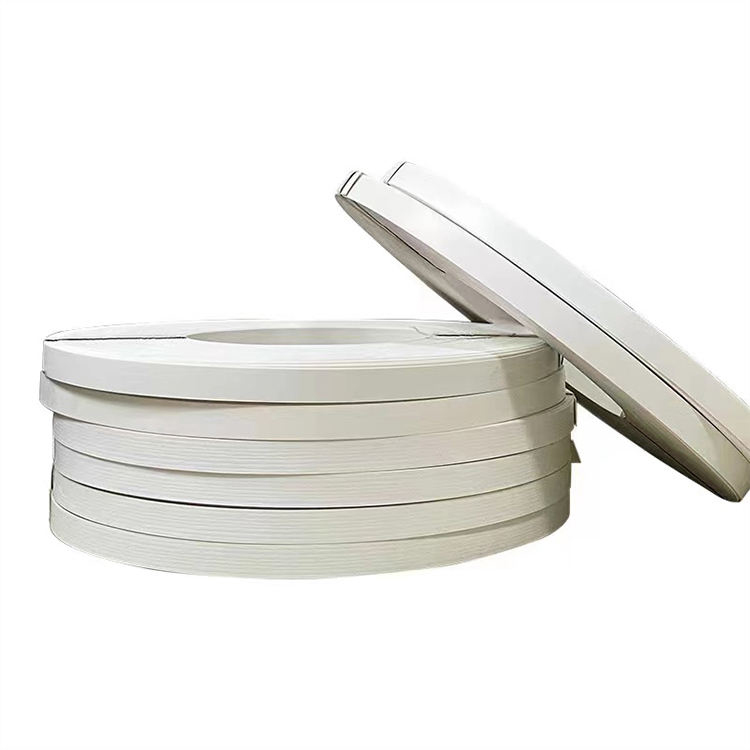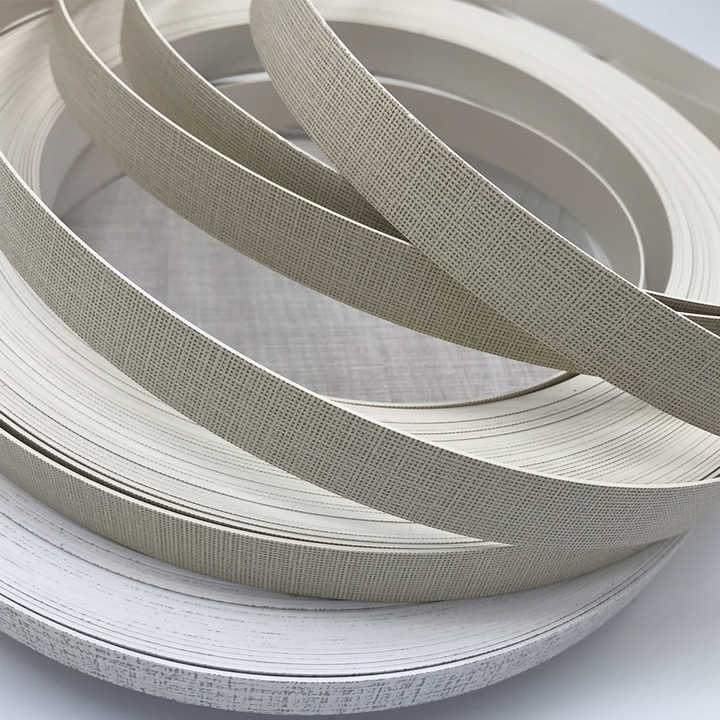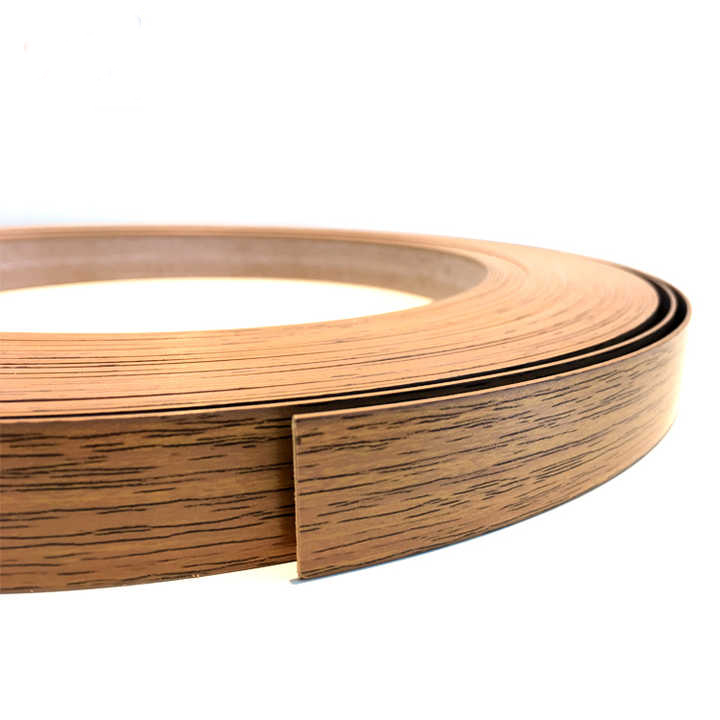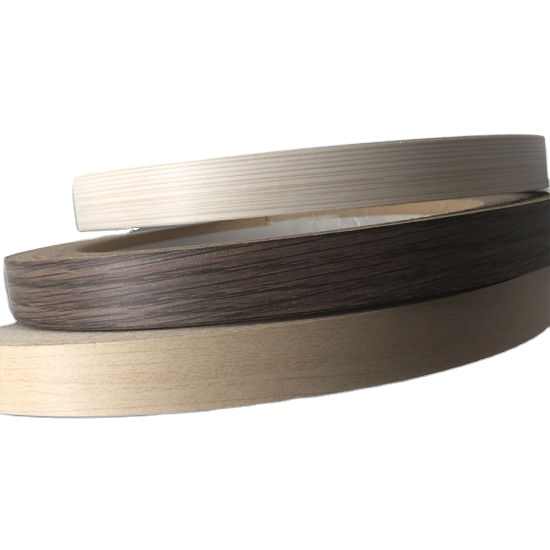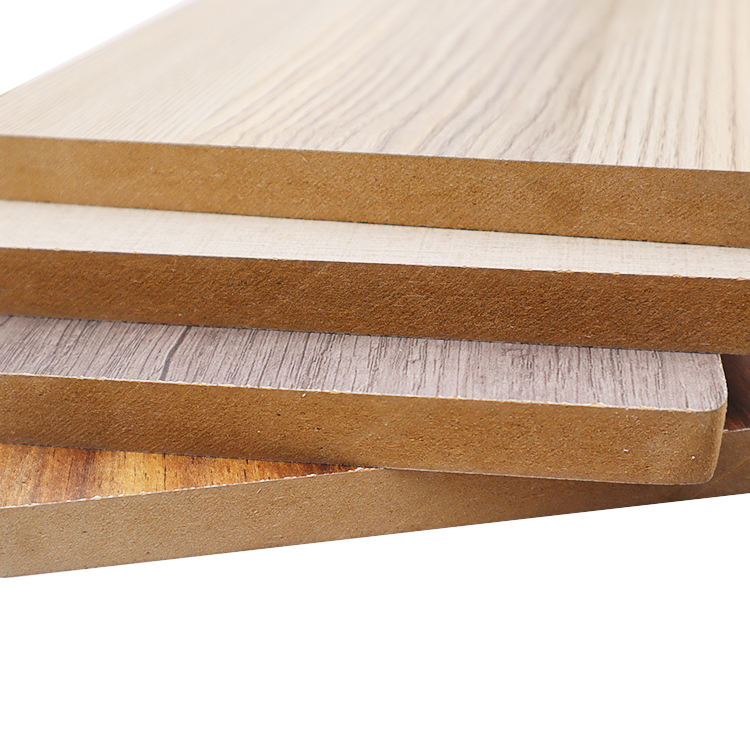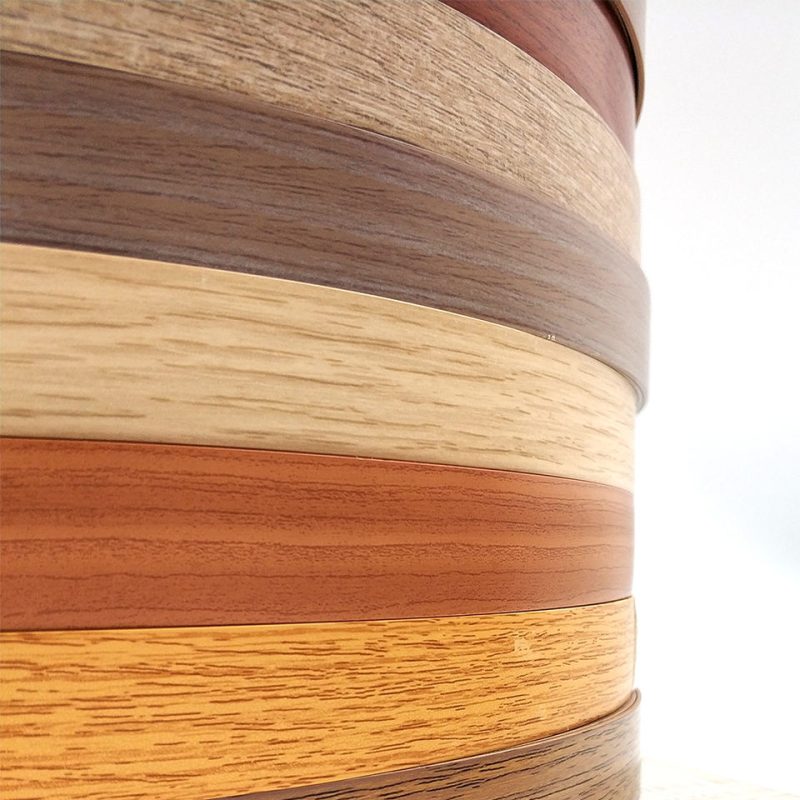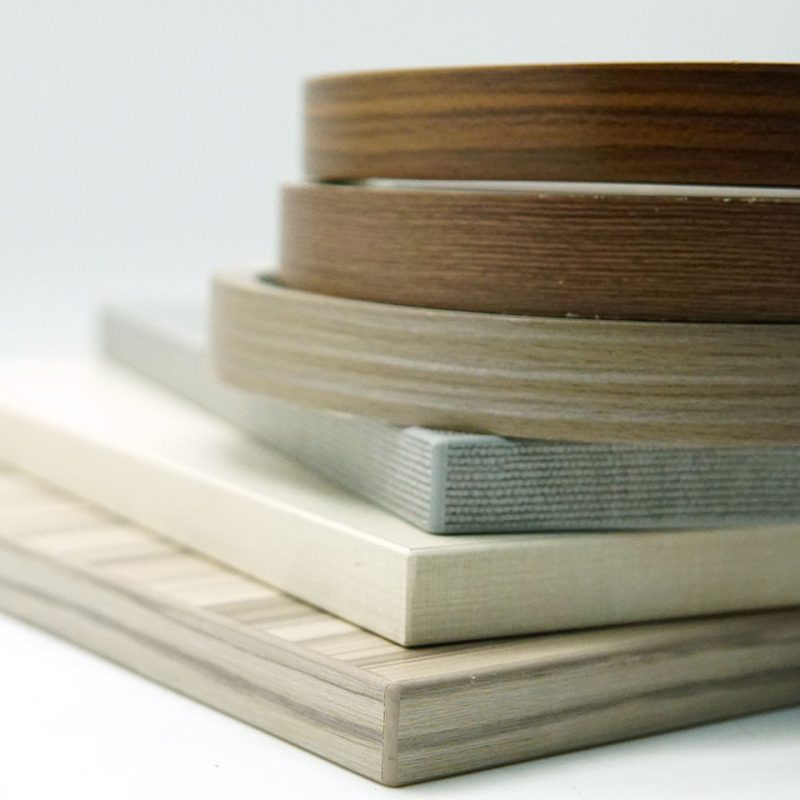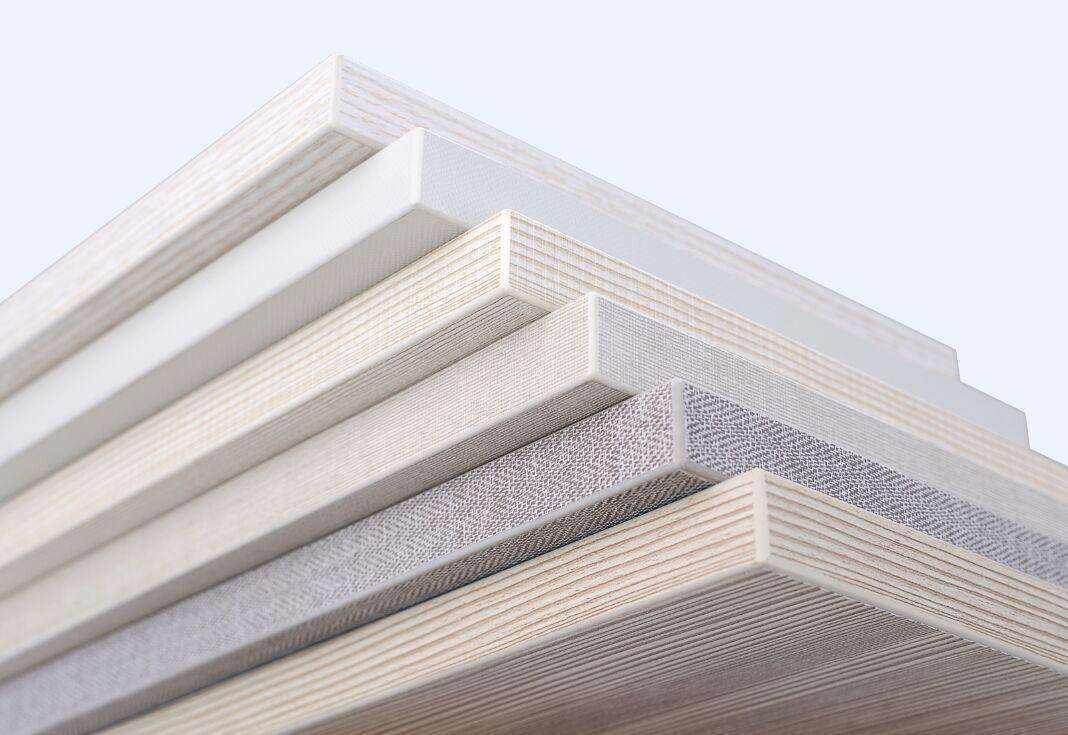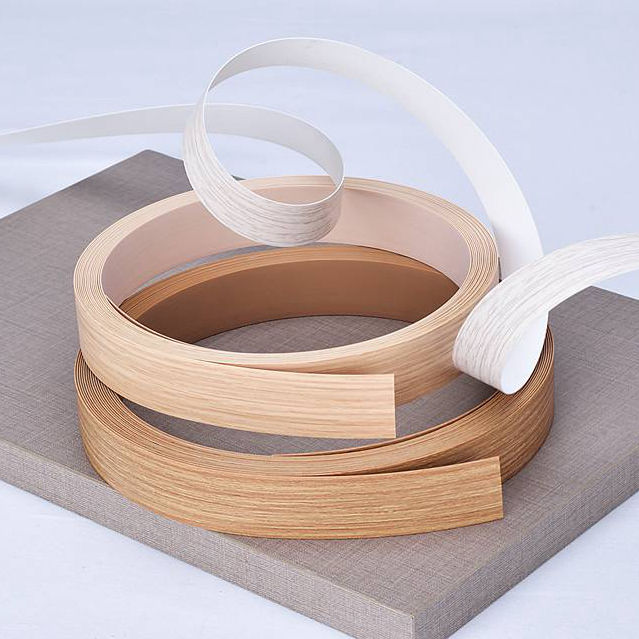The cost of white edge banding tape can vary based on several factors, including the material, thickness, width, brand, and the quantity you intend to purchase. Here are some general considerations: Material: PVC: PVC edge banding tape is a common and cost-effective option. It is often less expensive compared to natural wood veneer or other […]
Tag Archives: Edge Banding
Gluing edge banding is a critical step in the process of finishing the edges of furniture or other surfaces. The goal is to create a strong and durable bond that enhances the appearance and longevity of the piece. Here’s a step-by-step guide on the best way to glue edge banding: Materials and Tools Needed: Edge […]
If your edge banding is not sticking properly, there could be several reasons for this issue. Here are some common factors to consider and troubleshooting steps: Surface Preparation: Problem: The substrate surface may not be properly prepared. It should be clean, smooth, and free from dust, grease, or any contaminants. Solution: Ensure that the substrate […]
Reheating edge banding is generally not recommended. Edge banding adhesive, whether it’s hot melt adhesive or another type, is designed to create a strong and lasting bond when initially applied and activated. Once the adhesive has fully set or cured, reheating the edge banding is unlikely to achieve the same level of bonding strength, and […]
Yes, you can put edge banding on MDF (Medium-Density Fiberboard). Edge banding is commonly used on MDF to finish and protect the exposed edges of the material. The process of applying edge banding to MDF is similar to applying it to other engineered wood products like plywood and particleboard. Here are the steps to apply […]
Edge banding is used most often in various woodworking and furniture-making applications to finish and protect the exposed edges of materials like plywood, particleboard, MDF (Medium-Density Fiberboard), and even solid wood. It is a common practice in both residential and commercial settings. Some of the primary areas where edge banding is used most often include: […]
Yes, you can use a regular household iron for edge banding, but it’s important to follow some precautions and take certain considerations into account to ensure a successful and safe application. Edge banding with a regular iron is a cost-effective alternative to specialized edge banding irons or machines. Here’s how to do it: Materials You’ll […]
Gluing edge banding to particle board is a common practice in woodworking and cabinetmaking to create a clean, finished edge and protect the particle board from moisture. Here are the steps to glue edge banding to particle board: Materials You’ll Need: Edge Banding: Choose the type of edge banding material you prefer, such as PVC, […]
A hair dryer can be used to apply heat to edge banding, but it may not be the most efficient or precise method, especially when compared to tools designed for edge banding like edge banding irons or specialized edge banding machines. However, in a pinch or for small projects, a hair dryer can serve as […]
If you’re looking for alternatives to traditional edge banding, there are several options depending on your project requirements and design preferences. Here are some alternatives to consider: Solid Wood Strips: You can use solid wood strips to create a natural and durable edge on plywood or other substrates. These strips can be glued and nailed […]
- 1
- 2

